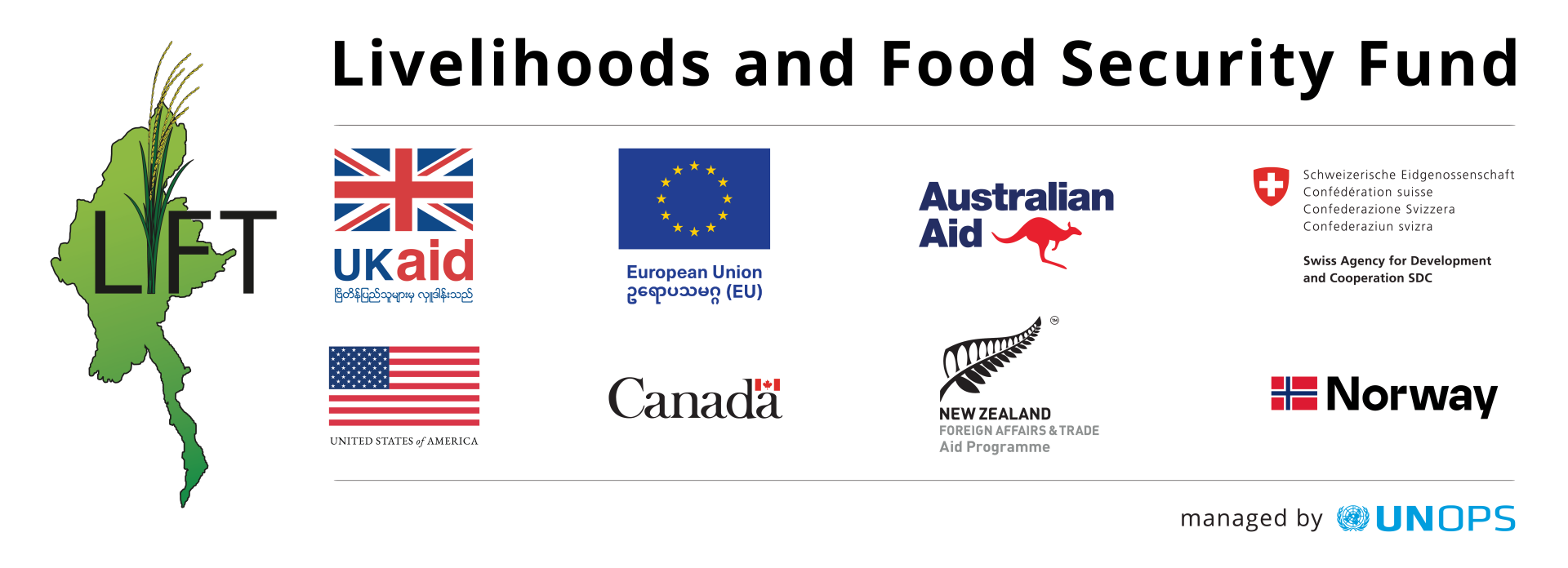In Myanmar, the mobility of workers between employment sectors and geographic locations is accelerated with a growing number of workers pursuing employment abroad. As estimated, there are about 9.39 million internal migrants and 4.25 million international migrants, representing a quarter of the country’s population. A lack of sufficient employment opportunities at home and the promise of higher wages at the destination are key motivations for people to migrate, particularly for populations in rural and conflict-affected areas.
Skills development to support sectoral mobility within Myanmar’s labour market has become essential, therefore, strengthening the skills of the workforce is critical for improving labour productivity and helping the country find entry into higher value-added sectors.
However, the rapid changes to the nature of employment in Myanmar have also brought significant challenges in ensuring conditions of decent work. Primarily due to the structural vulnerability of poor and marginalised populations, labour exploitation continues to occur within public and private sector enterprises. The heavily-gendered division of labour poses a particular impediment to women’s empowerment.
LIFT's Decent Work and Labour Mobility Programme was established as a core thematic area to contribute to the protection of labour rights for building a foundation for decent work in Myanmar.




